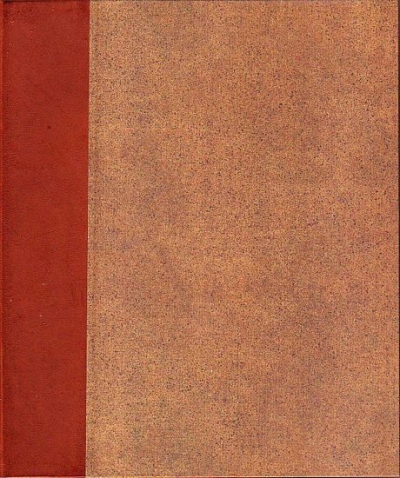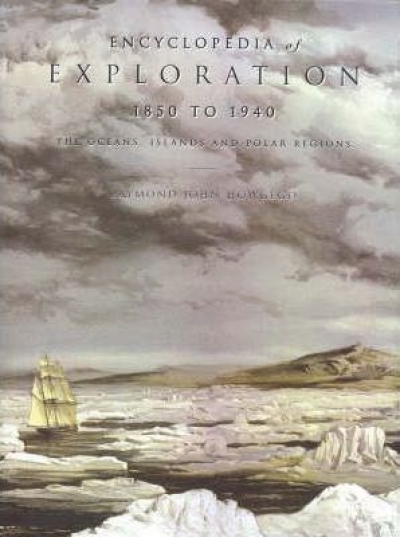When does an explorer become an adventurer, an adventurer a traveller, a traveller a tourist? This third volume of Raymond Howgego’s monumental Encyclopedia of Exploration moves into a period when the lines become increasingly blurred.
Volume One (2003) covered all of human history up to 1800. In that period, any traveller who left a written account of his or her journey could be counted as an ‘explorer’, and Howgego’s sheer stamina in seeking them all out made this one of the extraordinary books of our time. Most reference works of this scale are assembled by small armies of writers, researchers and editors, funded by major international publishers. The Encyclopedia of Exploration to 1800 was the work of one man, supported by the comparatively modest resources of Sydney antiquarian bookseller and boutique publisher, Hordern House.
...
(read more)



